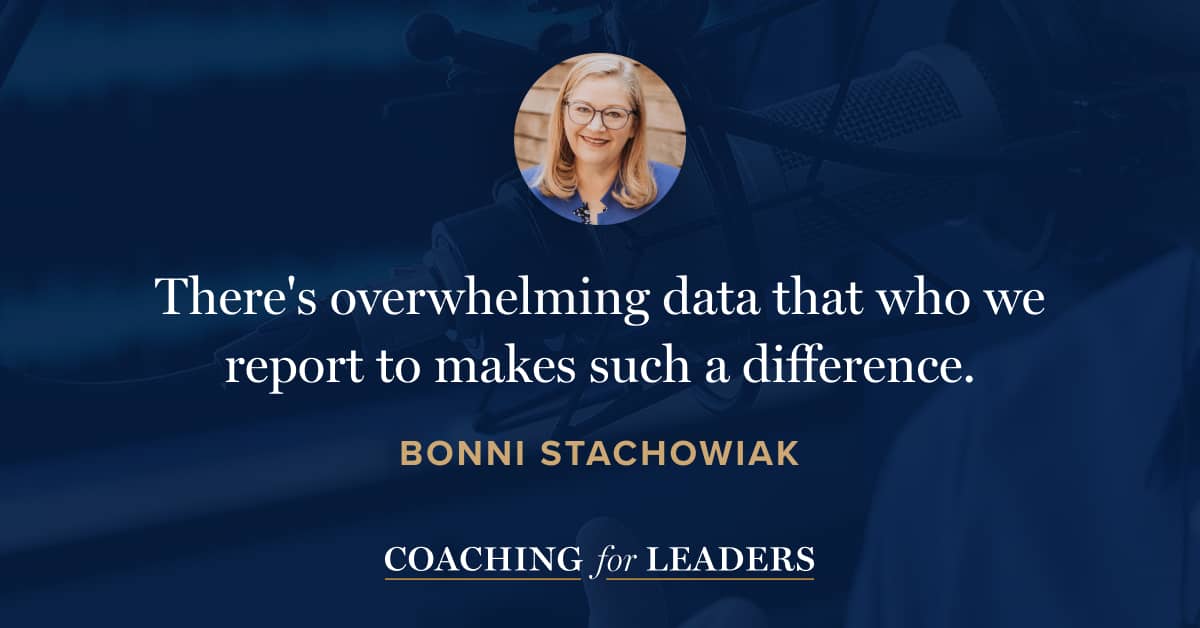Bonni Stachowiak: Teaching in Higher Ed
Bonni is the host of the Teaching in Higher Ed podcast, Dean of Teaching and Learning and Professor of Business and Management at Vanguard University, and my life partner. Prior to her academic career, she was a human resources consultant and executive officer for a publicly traded company. Bonni is the author of The Productive Online and Offline Professor: A Practical Guide.
Question from Qasim
- Qasim asked our thoughts on how to break the busy cycle and actually get started with something important.
- Aruj wondered how to handle a tricky situation where colleagues are gossiping lots in the office.
- Alice has three great opportunities in front of her was curious our advice on how to decide between them.
Resources Mentioned
- How to Decide by Annie Duke
Related Episodes
- How to Start a Conversation With Anyone, with Mark Sieverkropp (episode 177)
- How to Deal with Opponents and Adversaries, with Peter Block (episode 328)
- The Way to Make Better Decisions, with Annie Duke (episode 499)
- The Power of Unlearning Silence, with Elaine Lin Hering (episode 678)
Discover More
Activate your free membership for full access to the entire library of interviews since 2011, searchable by topic. To accelerate your learning, uncover more inside Coaching for Leaders Plus.





